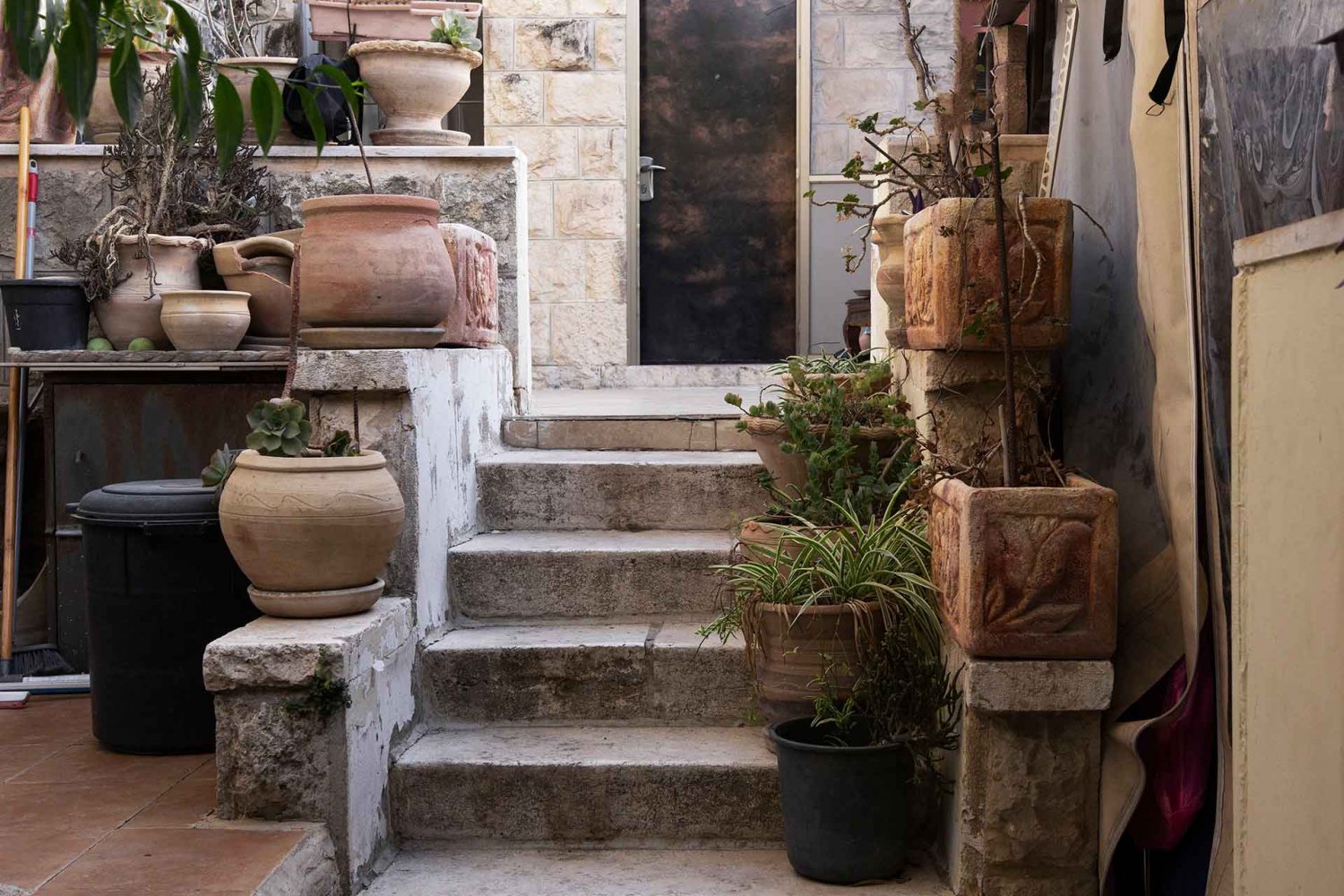Asala talked about the Israeli media’s propaganda campaign in support of Jewish settler claims to Sheikh Jarrah. She explained how the Israeli police use a variety of means to forcibly expel Palestinians from their lands and homes; “their ultimate goal is to get all Palestinians to leave,” she asserted. “They forcibly expelled my ancestors from their land and homes. The expulsion is carried out not only through home evictions, but also through limited service provision, closures, police aggression and violence, and overall poor living conditions.”
Asala explained how the Israeli legal system works seamlessly with the government to achieve this goal. “We don’t have faith in the Israeli judicial system; they will always rule in favor of the Jewish settlers.”
The residents are determined not to leave their homes and to oppose Israeli designs on their neighborhood. They meet regularly to discuss ways to fight their expulsion. “We decided to launch a social media and advocacy campaign. Muna and Mohammed El-Kurd had many Instagram followers, so we decided to use their accounts,” said Asala. In her opinion, this media campaign is the only reason they have not been expelled yet. The campaign drew worldwide attention to their case, and the Israeli court postponed ruling on it. “If we had waited for the court’s judgment, believe me they would have expelled us in May 2021,” she said.
Asala talked about other ways they drew attention to their case. To make sure everyone passing by the neighborhood knew what they were facing, they hung pictures on the walls and conveyed messages through graffiti. “This angered the settlers,” Asala explained. “They removed the pictures and covered the graffiti.”
The youth group coordinated with the long-standing neighborhood committee and started calling for solidarity in the neighborhood. They knew that involving people from outside the neighborhood would make it harder for the Israelis to remove them.
Asala explained the importance of diversity in the neighborhood committee to bring all voices together. “Sadly, all the neighborhood committee members are men. My late mother was the only woman in the committee.” The neighborhood committee was established in the 1970s, and it represents the neighborhood before the Israeli judicial system. In addition, it deals with other issues related to neighbors’ relations and needs.



